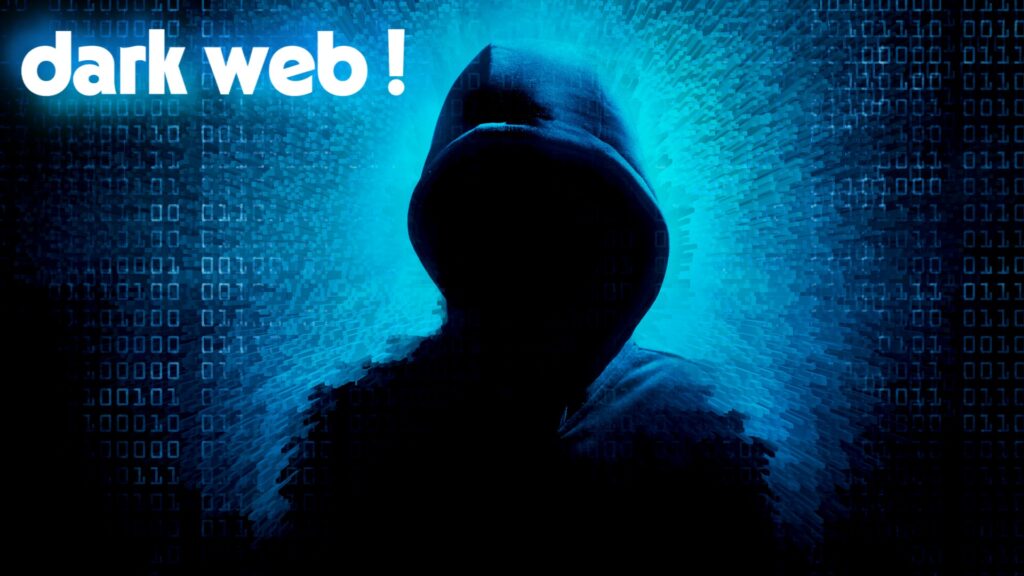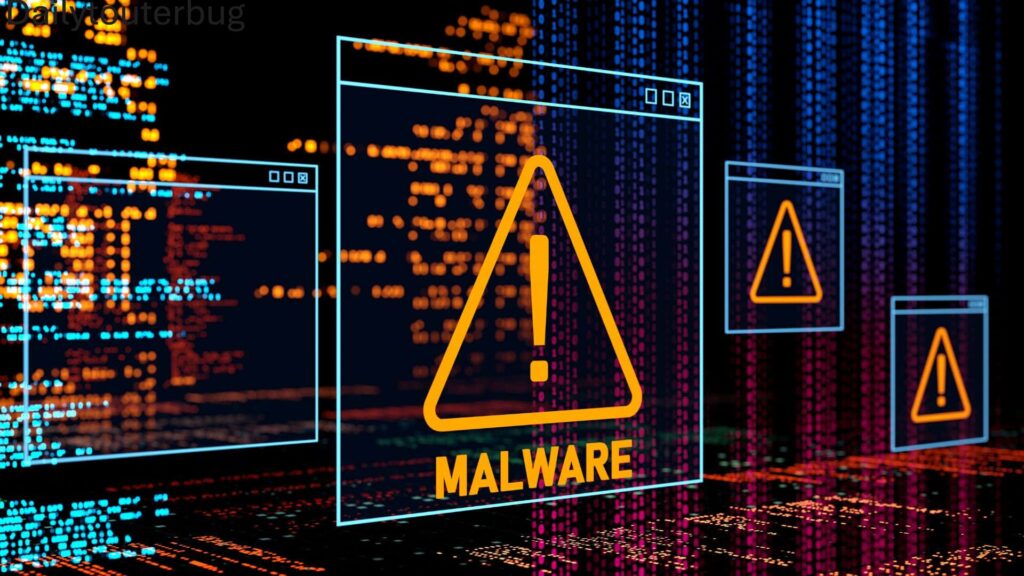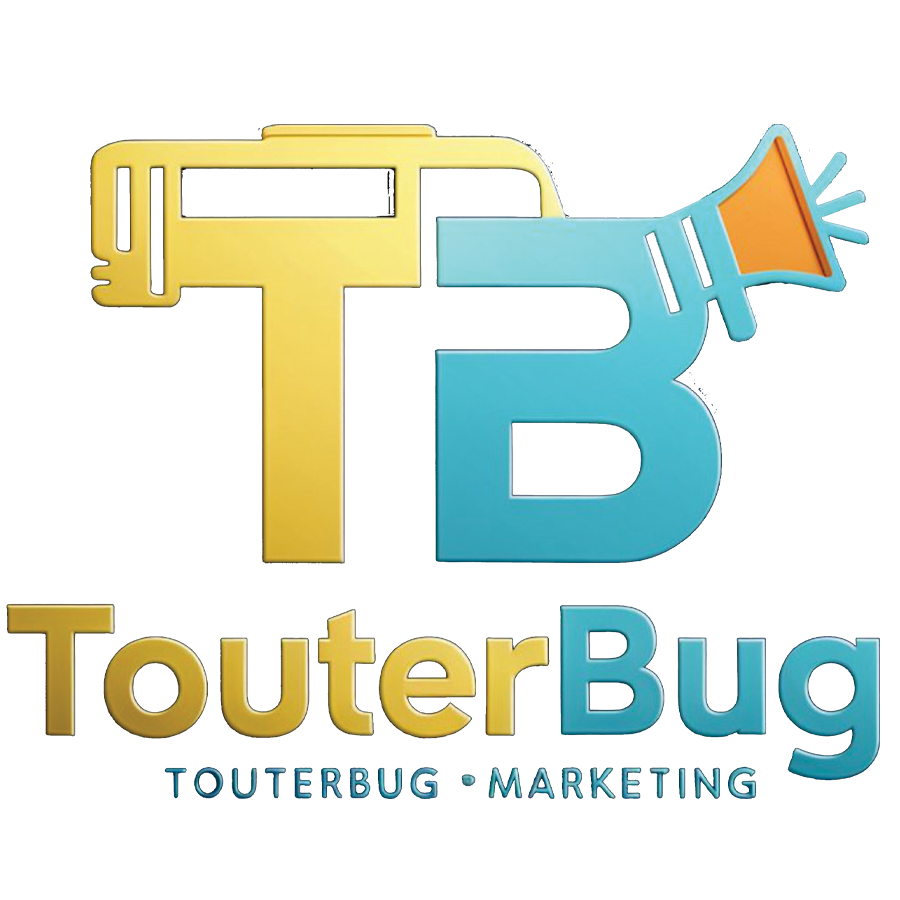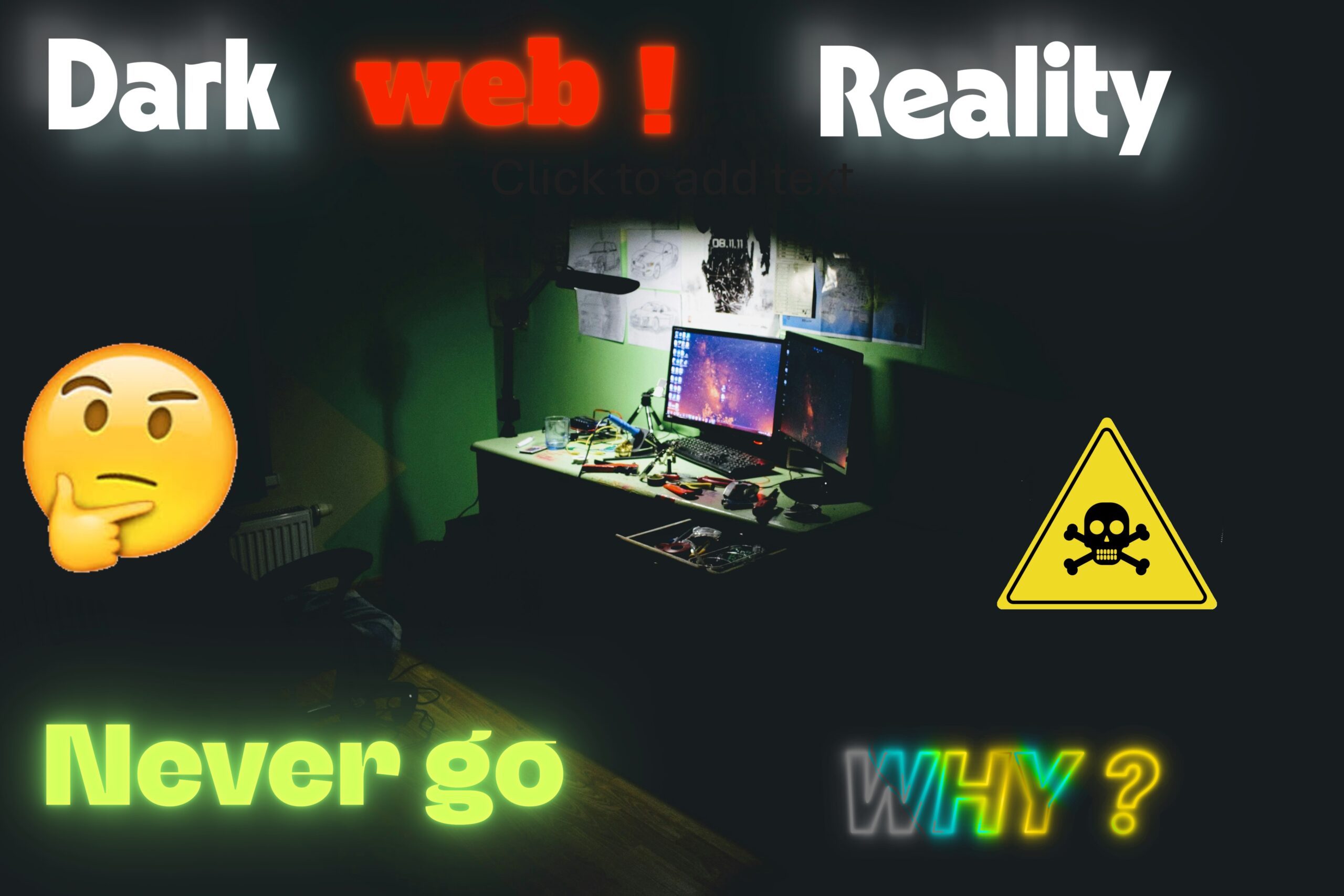Introduction
The internet we use daily—Google searches, YouTube videos, Instagram posts—only represents a small fraction of the actual internet. Beneath the surface lies the dark web, a mysterious and often misunderstood part of cyberspace that fascinates as much as it frightens. In 2025, the curiosity around the dark web continues to grow, especially with rising cybercrimes, digital privacy issues, and ethical hacking debates.
But what exactly is the dark web? Is it truly dangerous, or just misunderstood? Let’s uncover the truth.

What is the Dark Web?
The dark web is a hidden layer of the internet that cannot be accessed using standard search engines like Google or Bing. It exists on encrypted networks and requires special software to access—most commonly, Tor (The Onion Router).
Unlike the surface web (what you use daily) or even the deep web (password-protected areas like online banking or medical records), the dark web is deliberately hidden and used anonymously. This makes it both a haven for privacy and a hub for illegal activity.

What Happens on the Dark Web?
Contrary to popular belief, not everything on the dark web is illegal. But it does host a wide range of activities, including:
- Illegal trade: Drugs, weapons, fake passports, stolen data.
- Hacking services: Cybercriminals offer ransomware, DDoS attacks, and even hacking-for-hire.
- Forums for whistleblowers: Platforms like SecureDrop allow whistleblowers to expose corruption anonymously.
- Political activism: In repressive countries, journalists and activists use the dark web to communicate without government surveillance.
- Anonymous cryptocurrency transactions via Bitcoin or Monero.
Why is it So Controversial?
The dark web is controversial because anonymity is a double-edged sword. On one hand, it protects freedom of speech and privacy. On the other, it allows illegal markets and unethical behaviors to flourish.
In 2025, governments worldwide are increasing surveillance and cracking down on dark web crimes. However, this raises concerns about digital freedom and mass surveillance.
How Do People Access the Dark Web?

Accessing the dark web usually involves:
- Downloading Tor Browser – a special browser that encrypts your traffic.
- Using “.onion” links – dark web websites don’t use “.com” or “.org” domains.
- Staying anonymous – Users often use VPNs or anonymous crypto wallets for added privacy.
⚠️ Caution: Merely accessing the dark web is not illegal in most countries, but engaging in illegal activities is. Many sites are traps or scams, and you could accidentally expose yourself to serious risks.
Is It Safe to Explore the Dark Web?
No, not entirely. There are significant risks:

- Malware: Clicking unknown links can infect your device.
- Scams: Fake marketplaces can steal your money or identity.
- Legal issues: Visiting or downloading from illegal sites can lead to legal action.
- Psychological impact: Some content can be extremely disturbing or traumatizing.
Only cyber experts, ethical hackers, and law enforcement usually have legit reasons to visit it—and they do so very carefully.
Conclusion
The dark web is neither entirely evil nor entirely good. It’s a powerful tool for privacy and freedom—but it also harbors serious dangers. As internet users in 2025, we must be aware of its existence, stay informed, and practice cyber safety.
Remember: Curiosity is fine. But caution is critical.

